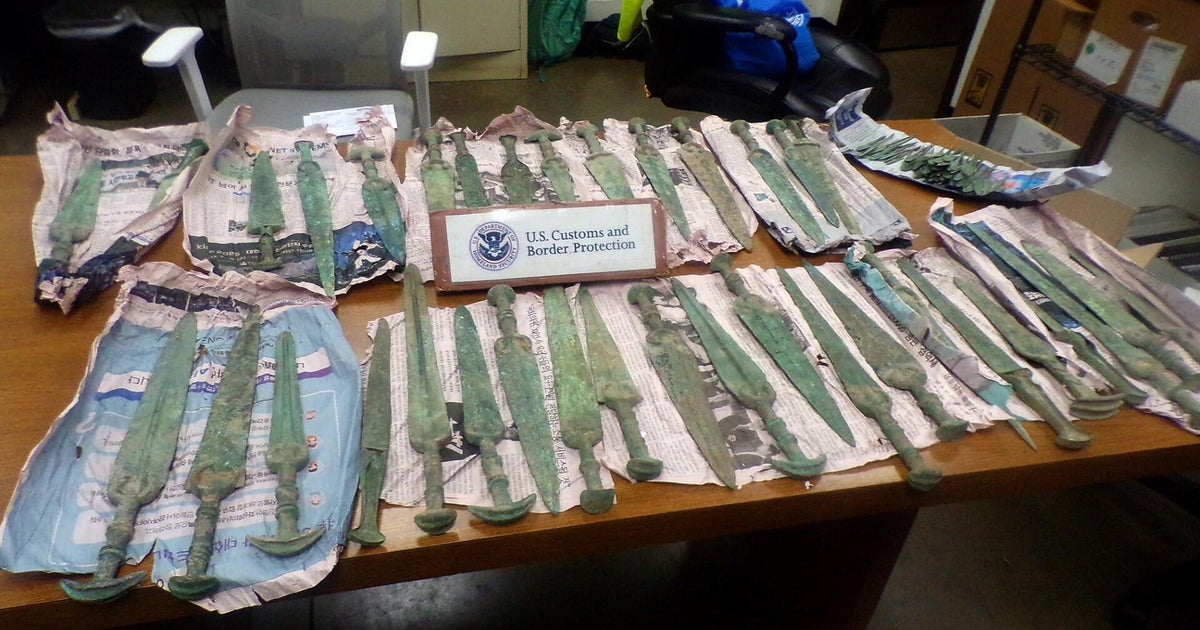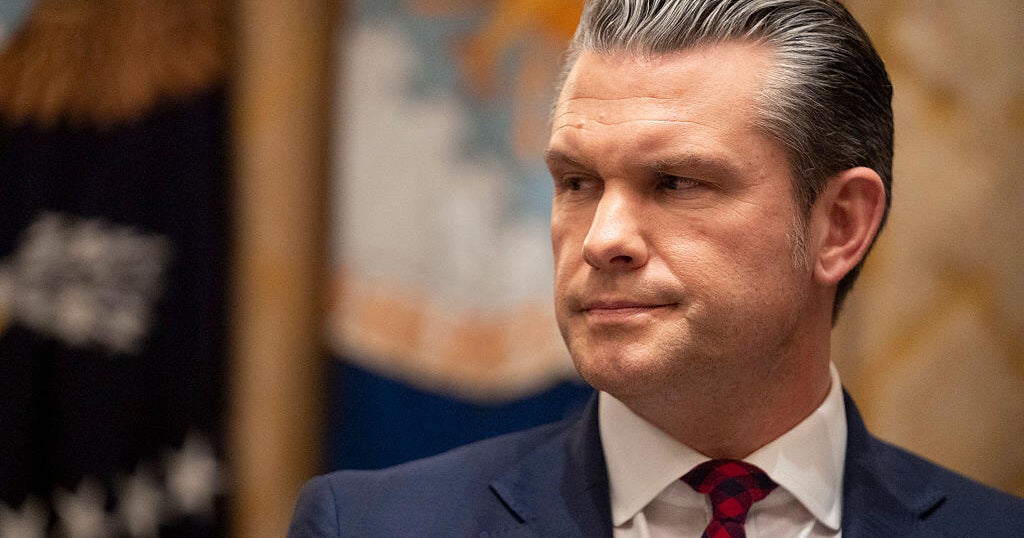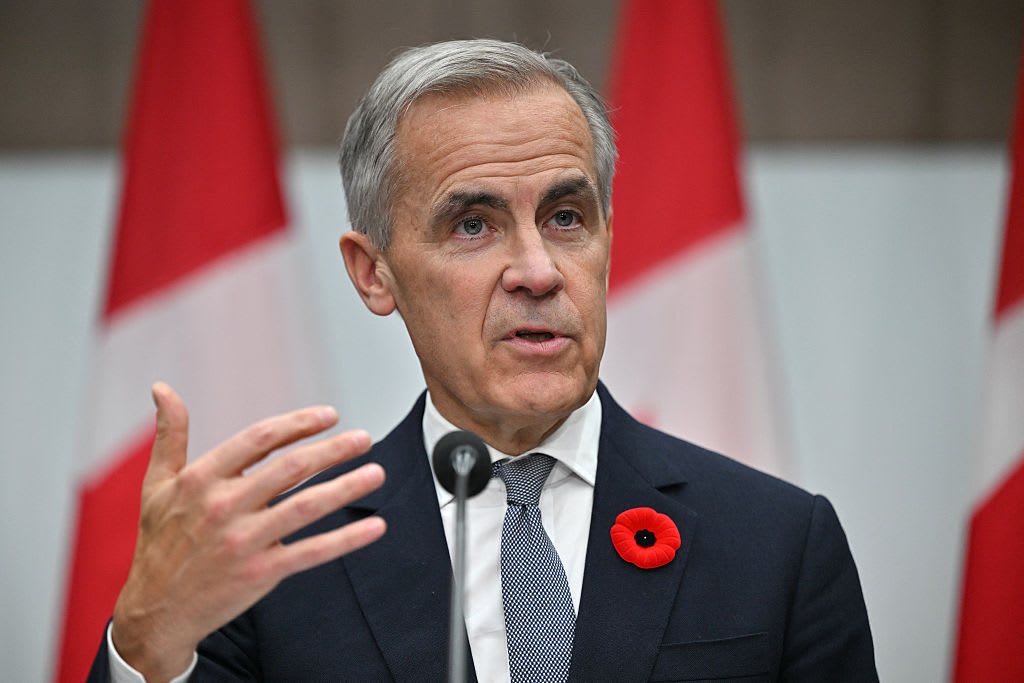Mick Mulvaney: "I have not burnt the place down"
Under fire from Democrats for not taking any enforcement actions during his five months as acting director of the Consumer Financial Protection Bureau, Mick Mulvaney on Wednesday said the regulator continues to pursue "bad actors."
Mulvaney, whose other job is to head the Office of Budget and Management, was appointed to lead the consumer protection agency in November, when then-director Richard Cordray stepped down to run for office in Ohio. Mulvaney has made no secret of his dislike of the agency, having once expressed a desire to "get rid of it." Since taking the helm he has sought zero funding for its second quarter, launched a review of all agency policies and inserted into the CFPB's mission statement the goal to cut regulations. Under Cordray, the Bureau filed several enforcement actions a month; in the five months under Mulvaney, there have been no new actions.
"We've not filed any lawsuits since I've been there, that doesn't mean we're not supervising and enforcing," Mulvaney told the House Financial Services Committee. "We are supporting the law, we are just doing it differently. Elections do have consequences," he added.
Saying the CFPB's current approach was not what Congress intended when it created the bureau, California Democrat Maxine Waters told Mulvaney: "We've taken the cop off the beat in terms of initiating new actions on behalf of consumers."
The CFPB has about 100 ongoing investigations and is actively litigating 25 cases started under Cordray, Mulvaney stated. "I've only made one dismissal of a lawsuit since I've been there." That was a suit against a group of payday lenders associated with an American Indian tribe.
Contending "Cordray often acted unlawfully," Jeb Hensarling, the Texas Republican who chairs the panel, praised Mulvaney for bringing change to the CFPB, which he maintained has "no effective oversight."
The hearings are an about-face from Cordray's time at the CFPB, with Republicans who opposed Cordray's efforts now praising Mulvaney for his work to lessen the power of the agency that was formed to curb practices that helped create the 2008 financial crisis.
"I think it's important that we bring some transparency and accountability to the bureau," said Mulvaney, a longtime critic of the CFPB. He called on Congress to take control of funding the bureau from the Federal Reserve, saying "I can not believe I can walk down the street and get $700 million with no accounting to anybody. That's just wrong."
Under Dodd-Frank, the CFPB's budget is overseen by the Fed, a move intended to give the bureau independence from the political whims of lawmakers and the president, given that the CFPB's director can only be removed by the president for cause. The president's appointment of Mulvaney as the bureau's acting director is still being contested in court. Cordray had designated CFPB Deputy Director Leandra English as the acting director.
Recounting Mulvaney's past statements calling the CFPB a "sick, sad" joke, Waters asked why lawmakers shouldn't think his role was to "destroy the bureau."
"I have not burnt the place down," replied Mulvaney. But he did not dispute the recounting of how he'd described the financial regulator in the past.
Replying to another question, he said, "It is fair to say that I was hostile to the existence of the bureau."
On Thursday, Mulvaney will have a second day of scrutiny before the Senate Banking Committee, where Massachusetts Democrat Elizabeth Warren will get her first chance to spar with him publicly. Eights years ago, Warren battled for a robust consumer protection agency free from political influence, a budget outside Congress' reach, and led by one independent director appointed to a five-year term.
Last month, the Associated Press reported that the former CEO of a payday lending company that had been under investigation by the CFPB had asked to be considered for Mulvaney's job.



